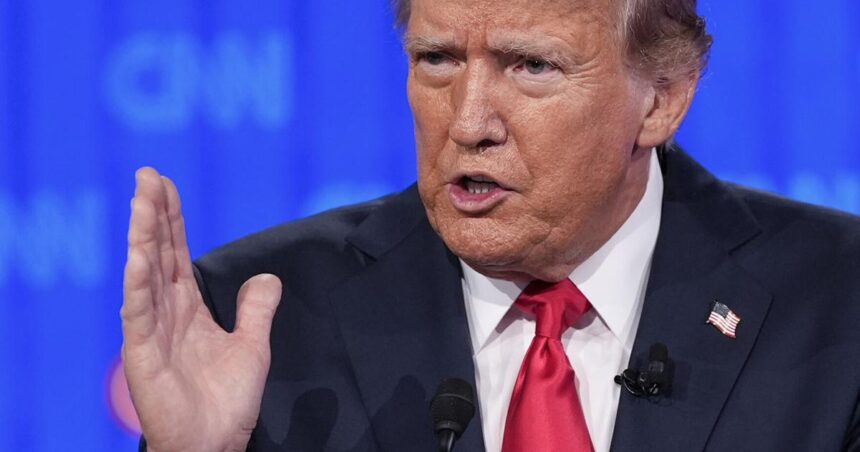The justices, in a historic 6-3 ruling, declared that former presidents are immune from prosecution for official acts but not for unofficial acts. Lower courts are tasked with determining how this ruling applies to Trump’s case.
This decision means a delay in Trump facing trial in a case brought by special counsel Jack Smith.
The ruling in another major Trump case this term, combined with the rejection of efforts to bar him from the ballot, highlights the significant role the justices are playing in the upcoming election.
The court’s decision comes after a prolonged delay, contrasting with other high-profile presidential cases such as the Watergate tapes case.
Trump, a Republican, denies any wrongdoing and claims the prosecutions against him are politically motivated to prevent him from returning to the White House.
In a separate case in May, Trump was convicted of a felony in a New York court. He is also facing three other indictments.
Special counsel Smith is leading two federal probes into Trump, focusing on his alleged attempts to overturn the 2020 election and mishandling of classified documents.
If Trump’s Washington trial does not occur before the 2024 election, he may face trial shortly after if he does not secure a second term.
The Supreme Court, which included three justices appointed by Trump, ordered a review after questions were raised about their impartiality.
Justice Clarence Thomas’ wife attended a rally with Trump in 2021, where she did not participate in the Capitol attack that followed.
Justice Samuel Alito declined to recuse himself from the cases after reports that flags similar to those flown by the Jan. 6 rioters were displayed at his properties.
Trump’s trial, initially set for March 4, was delayed after he sought court intervention for a full review by the Supreme Court.
Before the Supreme Court’s involvement, a trial judge and appellate panel agreed that Trump can be prosecuted for actions taken during his presidency and leading up to Jan. 6.
The appellate court stated that for the criminal case, Trump is now a private citizen and is not shielded by executive immunity he enjoyed as president.
U.S. District Judge Tanya Chutkan, who would oversee the Washington trial, rejected Trump’s immunity claim in December, emphasizing that former presidents do not have special conditions on their federal criminal liability.





